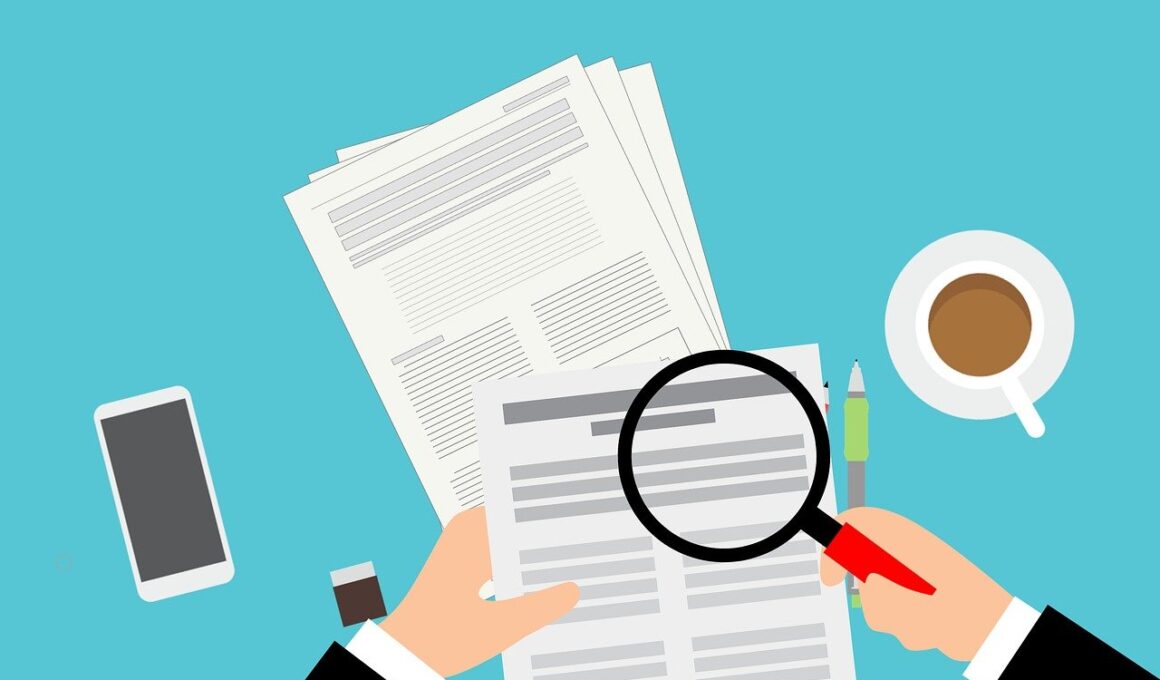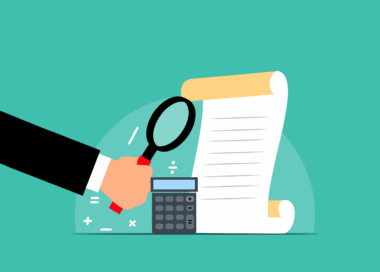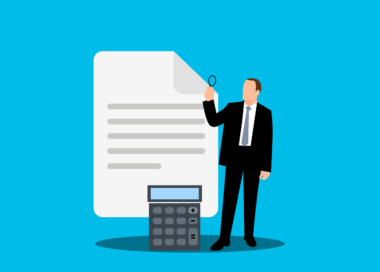Streamlining Financial Reporting with Automated Audit Tools
Financial reporting has significantly evolved with advances in technology. Automated audit tools have emerged as game-changers, bringing efficiency and accuracy to the process. Businesses today face increasing pressures for compliance and accountability, all while striving for greater transparency. Traditional auditing methods can be time-consuming, often leading to errors and discrepancies. Automation not only reduces manual intervention but also enhances the reliability of the data collected during audits. Companies are leveraging these tools to analyze large data sets quickly and accurately, transforming how audits are conducted. This transformation is crucial for organizations aiming for accuracy and timeliness in their financial reporting. Furthermore, automated tools help in maintaining consistency in audits, ensuring that every check aligns with established standards. With real-time data analysis, auditors can easily identify anomalies and address issues proactively. Thus, incorporating automated audit tools is not just about improving efficiency; it’s about embracing a future where data integrity and compliance are paramount for businesses.
The shift towards automated audit tools has made it easier to adapt to regulatory changes. Regulations in the financial sector frequently change, creating challenges for auditors who must keep up. Automated auditing software can be updated with the latest compliance requirements seamlessly, ensuring that audits reflect current regulations. Additionally, the implementation of these tools means that audit teams can focus more on high-level analysis rather than mundane data entry tasks. This results in better use of human resources, allowing skilled auditors to concentrate on evaluating complex financial transactions and identifying potential areas of risk. The efficiency gained through automation also leads to cost savings, as fewer resources are needed for manual labor. Companies can allocate funds previously used for extensive manual processes towards strategic initiatives. Moreover, automated audit tools can generate insights and reports quickly, providing stakeholders with timely information necessary for decision-making. In this rapidly changing business environment, leveraging technology in audit practices is a strategic advantage that can help organizations stay ahead.
Benefits of Automated Audit Tools
One of the most significant benefits of automated audit tools is the enhancement of accuracy. Manual data entry is prone to human error, leading to inflated costs and potential compliance issues. Automated systems nearly eliminate these errors, producing more reliable results. Furthermore, these tools can analyze broader datasets than traditional methods, giving auditors a more comprehensive view of financial activities. This capability helps identify trends and patterns that might otherwise go unnoticed. Additionally, automated audits are more scalable, accommodating organizations of various sizes without a proportional increase in time or labor. As businesses grow, so do their financial transactions and complexities. Automated tools can smoothly adapt to these growing demands, ensuring that auditing processes remain efficient and effective. By streamlining workflows, audit teams can process more transactions within less time, leading to faster reporting and analysis. Ultimately, this technological intervention not only saves time and costs but also enhances the overall quality of the audit process. Stakeholders benefit from a thorough investigation of financial records, fostering trust and confidence in reported results.
With the integration of automated audit tools, collaboration among team members improves significantly. Cloud-based platforms allow for real-time data sharing and communication, creating an interactive audit environment. Teams can work together seamlessly, regardless of location, ensuring that input from various stakeholders is captured efficiently. This collaboration is essential, particularly during large-scale audits that require input from various departments. Automated tools can streamline project management within audit teams, assigning tasks and tracking progress automatically. By ensuring accountability and transparency among team members, these tools contribute to a more organized audit process. As a result, audits can be conducted more thoroughly and quickly, minimizing organizational disruptions. Moreover, the reports generated by automated tools can be customized to cater to different stakeholders’ needs, enhancing usability and understanding. This tailored reporting also helps facilitate discussions among finance teams and external auditors, creating a more cohesive approach to auditing. Effective collaboration powered by these advanced technologies ultimately leads to a more thorough risk assessment and decision-making process for organizations.
Challenges and Considerations
Despite the numerous benefits, there are challenges associated with adopting automated audit tools. Organizations must evaluate their existing systems and processes to ensure a smooth transition. Integrating new tools can often lead to temporary disruptions in workflow. Proper training is essential to ensure that audit team members can harness the full capabilities of automated tools. They must understand how to interpret data generated effectively. Moreover, there may be resistance from staff who are accustomed to traditional auditing methods. Continuous education about the advantages of automation can help ease this transition and garner support across teams. Another consideration is data security; automated tools require robust security measures to protect sensitive information. Organizations must ensure compliance with data protection regulations while implementing these tools. Regular updates and audits of these systems are crucial for maintaining security. Furthermore, selecting the right automated tool is vital, as not all tools fit every organization’s needs. Conducting thorough research and testing before full-scale implementation can help avoid potential pitfalls and ensure that selected solutions align with organizational goals.
In conclusion, the adoption of automated audit tools marks a pivotal moment in financial reporting. These innovations help streamline processes, increase accuracy, and enhance collaboration among audit teams. Organizations can face their compliance and transparency challenges head-on, using technology to their advantage. As automated tools become more sophisticated with AI and machine learning, the potential for even more profound changes to auditing practices is on the horizon. The evolution of these technologies will undoubtedly shape how organizations approach audits and financial reporting in the future. Stakeholders will increasingly demand real-time insights and thorough analyses that only automation can provide. Ultimately, the future of auditing lies in harnessing technology to optimize processes and uphold the integrity of financial data. Embracing automated audit tools is not simply an operational choice; it is a strategic imperative for organizations looking to thrive in a data-driven world. As businesses navigate an increasingly complex financial landscape, automated audits will play a critical role in ensuring accuracy and compliance, leading to sustainable growth and trust in financial reporting.
The Future of Audit Automation
Looking ahead, the continuous evolution of automating audit processes appears promising. As artificial intelligence advances, audit tools will likely integrate more sophisticated analytical capabilities. This development will empower auditors to perform deep dives into financial data, uncovering insights that enhance strategic decision-making further. Moreover, the applications of blockchain technology in the auditing sphere can introduce a higher level of transparency and reliability. Blockchain offers a decentralized ledger that ensures records are immutable, providing a clear audit trail that boosts confidence among stakeholders. In addition, automated audit tools are likely to evolve to include predictive analytics, helping organizations not only assess current compliance but also foresee potential future risks based on historical data. This proactive approach could change how audits are conducted entirely, moving from a traditional retrospective analysis to a forward-looking assessment of risks and opportunities. Moreover, future automation tools are expected to provide increased customization options for user experiences, allowing organizations to tailor features based on their specific needs and industry standards.
As we transition into this new era of auditing, embracing automation will not only be beneficial but crucial for survival in a competitive market. Organizations that effectively utilize these tools will enhance their operational efficiency and develop a reputation for transparency and accountability. Furthermore, an emphasis on continuous learning and adaptation will be essential for audit professionals to keep pace with the rapidly changing landscape. Training programs focused on technology trends will enable teams to harness the power of automation fully. Professional certifications in automated audit tools may become standard expectations, ensuring auditors remain competitive in the job market. As the industry undergoes this transformation, collaboration between technology vendors and auditing firms will play a vital role in optimizing solutions to fit specific organizational needs. By sharing knowledge in implementing these tools effectively, organizations can leverage the collective expertise to advance their auditing practices. In summary, the future of audit automation is bright, with the potential to reshape the auditing profession. It is an exciting time for organizations willing to embrace change and invest in technology to streamline financial reporting processes.





